Beijing Ditan Hospital, Capital Medical University
Beijing Ditan Hospital, Capital Medical University, is a 3A comprehensive hospital specializing in infectious diseases, serving as the main institution of the National Center for Infectious Diseases (Beijing) and approved as the fifth batch of National Regional Medical Center construction projects. Established in 1946, the hospital operates across two campuses (Chaoyang and Shunyi), steadfastly pursuing its vision of becoming a "world-renowned center for infectious disease diagnosis, treatment, and research, and a premier 3A comprehensive hospital in Beijing."
The hospital has been recognized as China's National Base for Major Infectious Disease Prevention and hosts the National Key Laboratory for Infectious Disease Traceability, Early Warning and Intelligent Decision-Making, serving as the country's premier clinical research quality evaluation and promotion center for infectious diseases. It operates as both the national and Beijing municipal medical quality control center for infectious diseases, and functions as the supporting institution for Beijing's Infectious Disease Research Center. The institution has established cutting-edge research platforms including the clinical branch of China's National Microbiology Data Center, National Drug Clinical Trial Center, Beijing's Key Laboratory for Emerging Infectious Diseases, and one of Beijing's first model research wards for clinical trials. It also maintains collaborative partnerships with global health organizations as a WHO Collaborating Center for HIV/STD Treatment and Comprehensive Care Management, and operates the Beijing Red Ribbon Home. The hospital has earned five national key clinical specialties (Infectious Diseases, Laboratory Medicine, Critical Care Medicine, Neurosurgery, and Cardiology), two Beijing municipal key specialties for major epidemic prevention (Critical Care Medicine and Integrative Medicine Center), and holds key specialty designations from China's National Administration of Traditional Chinese Medicine for both liver diseases and infectious diseases treatment, along with recognition as a national key discipline in integrated Chinese-Western medicine for infectious diseases, collectively forming a comprehensive, high-level medical specialty cluster.
Adhering to a "specialty-focused, comprehensive development" strategy, the hospital has established leading disciplines in infectious diseases, including the Liver Disease Center, HIV/AIDS Center, Infectious Disease Center, and Integrated Traditional Chinese and Western Medicine Center. It has also developed a distinctive and synergistic comprehensive medical system, achieving remarkable outcomes in interdisciplinary fields between general medicine and infectious diseases. With advanced comprehensive diagnosis and treatment capabilities for infectious diseases and cutting-edge technologies for managing complex and critical cases, the hospital leads and drives national progress in infectious disease medicine. Upholding the principle of "peacetime-emergency integration," the hospital provides comprehensive medical services across all disciplines during routine operations, extending its influence in infectious diseases nationwide. It also maintains robust capabilities for treating complex critical infectious diseases and a strong emergency management system, having successfully undertaken numerous major public health emergency responses. In global health assistance, the hospital has dispatched experts to West Africa, Madagascar, Guyana, South Sudan, and other regions for medical missions, contributing Chinese and Ditan expertise to the community with a shared future of mankind.
In talent development, the hospital has built a high-caliber medical team featuring top-tier experts, including recipients of the State Council Special Allowance, Cheung Kong Scholars from the Ministry of Education, and Beijing Outstanding Youth Science Fund awardees, consistently earning national and municipal accolades such as the National Science and Technology Progress Award. As an educational hub, the hospital fulfills its mission to cultivate infectious disease professionals. The hospital serves as a standardized training base for infectious disease specialists of the 12th Clinical Medical College of Capital Medical University, the teaching hospital for Peking University Health Science Center and Beijing University of Chinese Medicine, and the Department of Infectious Diseases of Capital Medical University. It undertakes multi-level educational responsibilities, including doctoral and master’s programs, undergraduate training, and continuing medical education.
As the National Center for Infectious Diseases, the hospital adheres to the principles of "innovation, leadership, and exemplarity," aiming to advance national medical science by addressing major disease prevention needs and aligning with global medical frontiers. In 2018, it initiated the Ditan Infectious Disease Alliance, which evolved into the Infectious Disease Alliance of National Center for Infectious Diseases (Beijing) to strengthen China’s infectious disease prevention system. This alliance, spanning 29 provinces, cities and autonomous regions and 85 medical institutions, fosters a collaborative network committed to "shared practice, standardized quality, and joint innovation," amplifying the center’s role in demonstration, leadership, and nationwide impact.




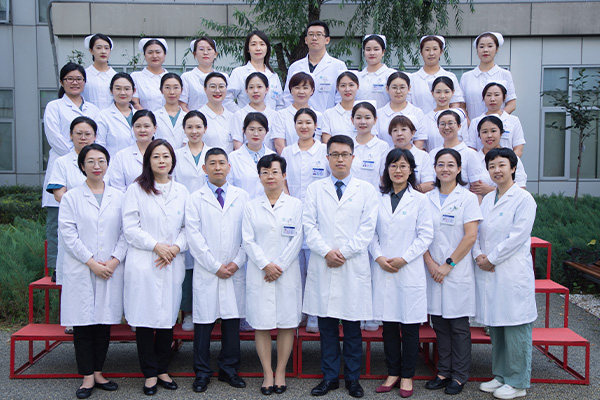
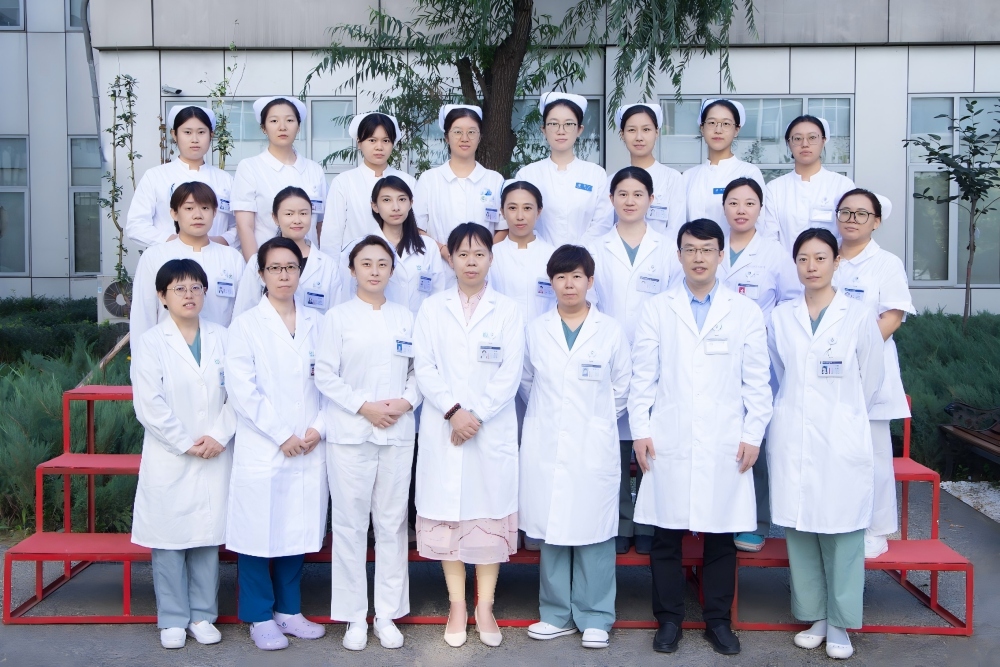
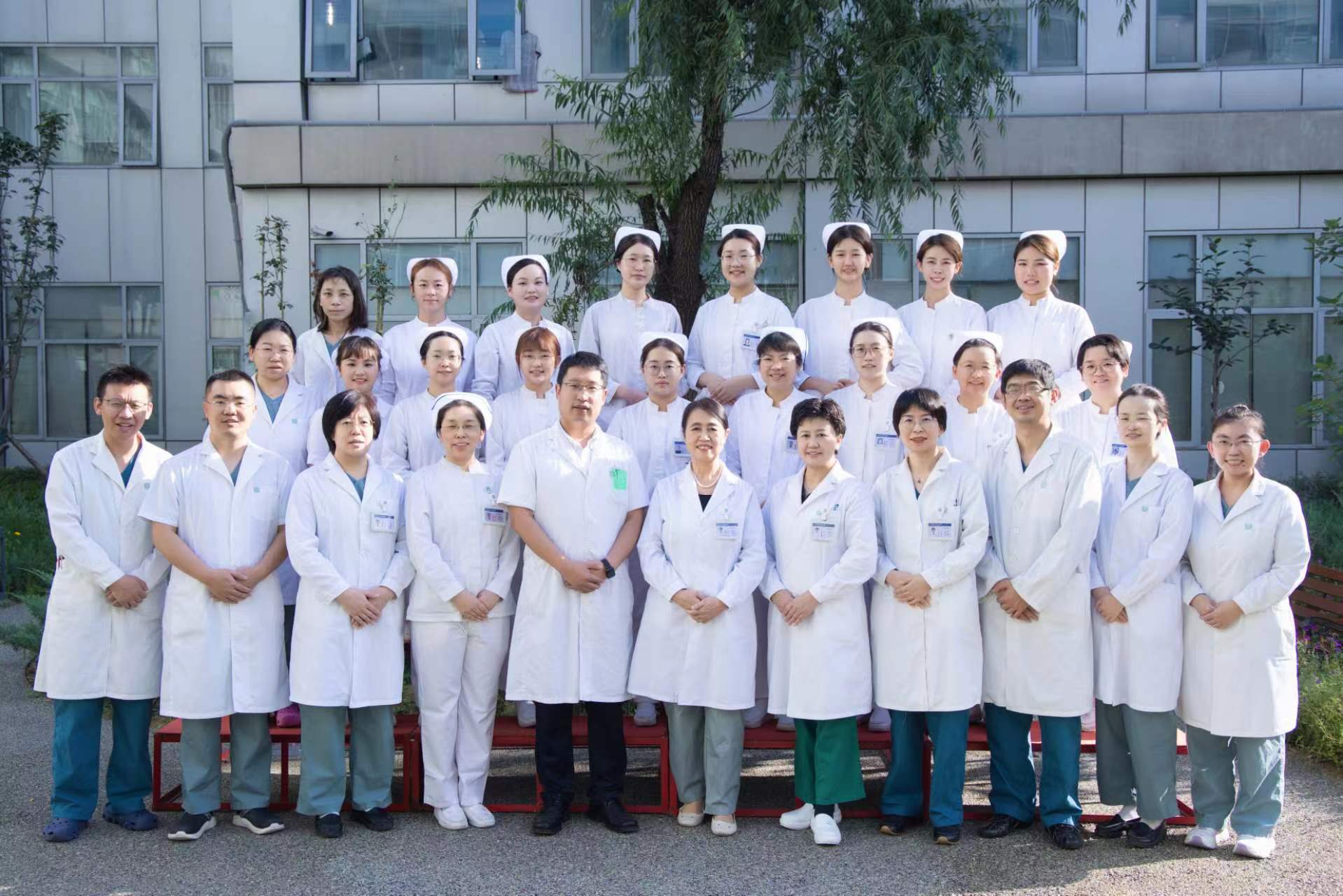
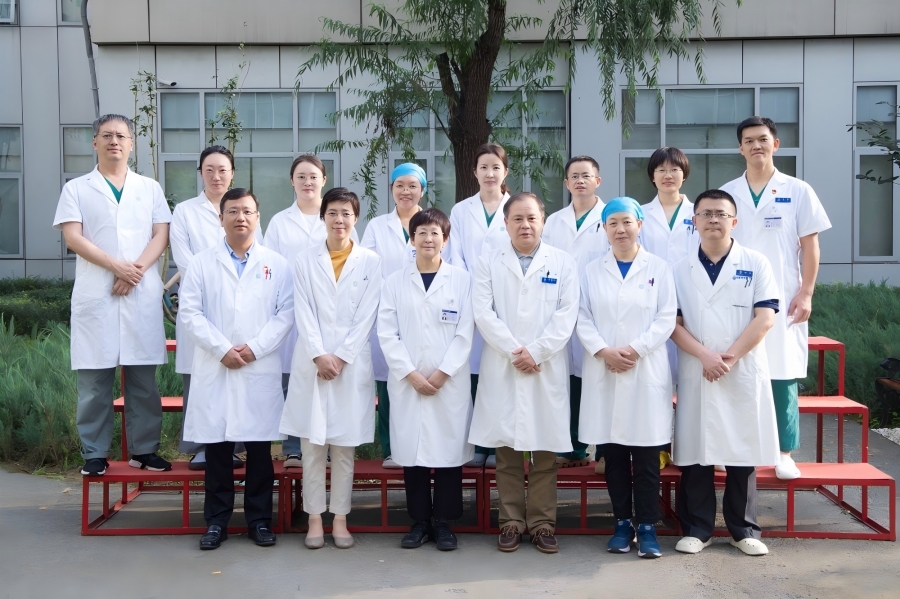
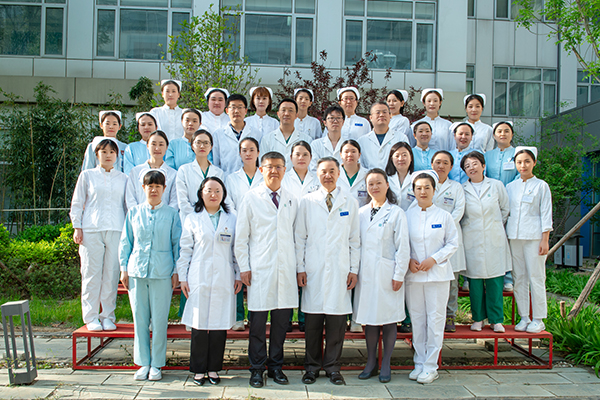
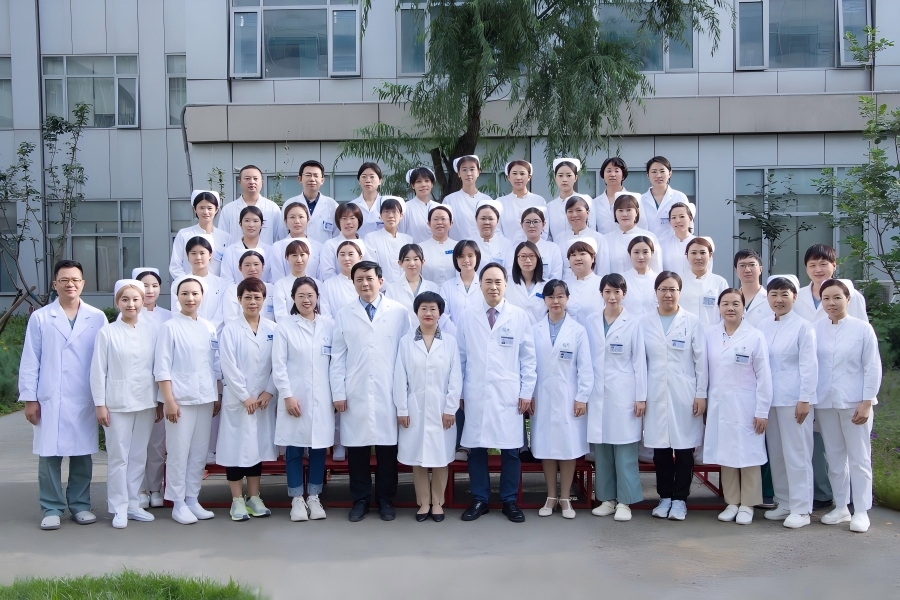
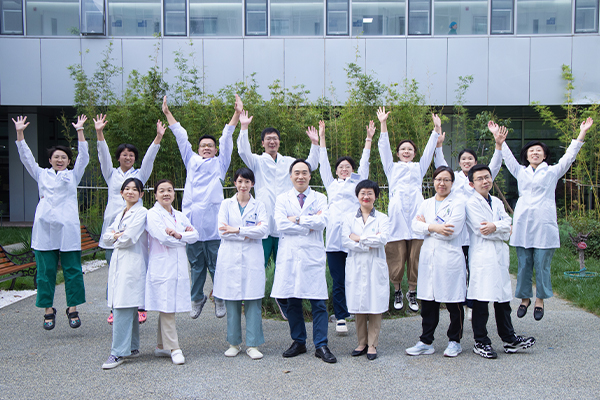
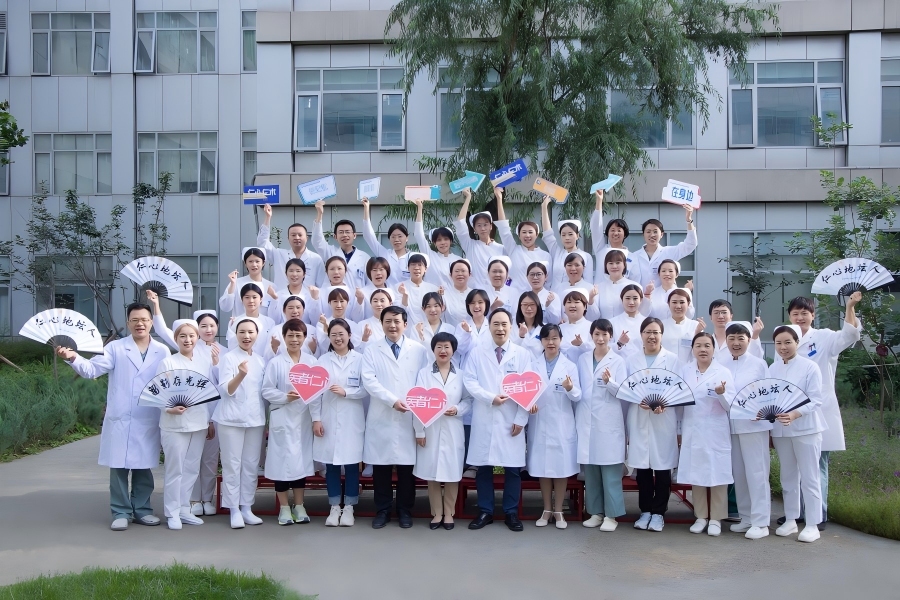
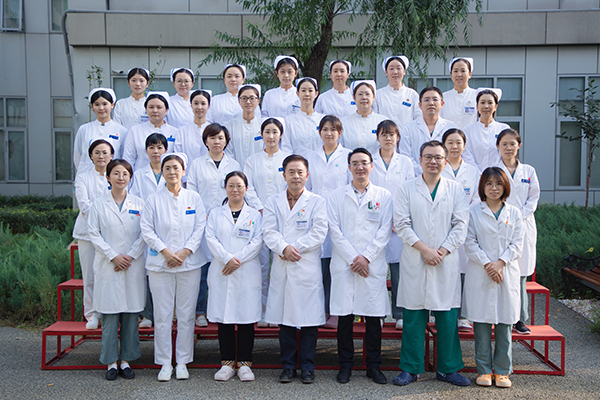
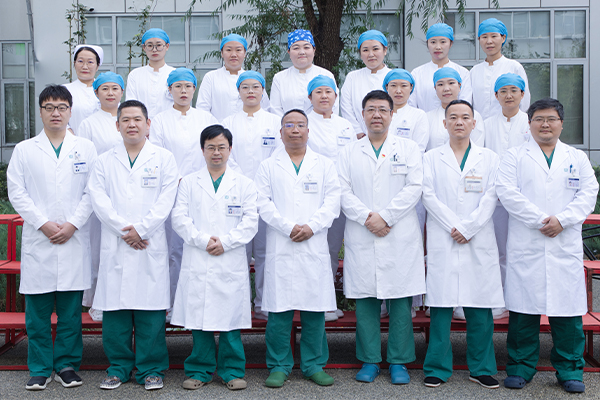
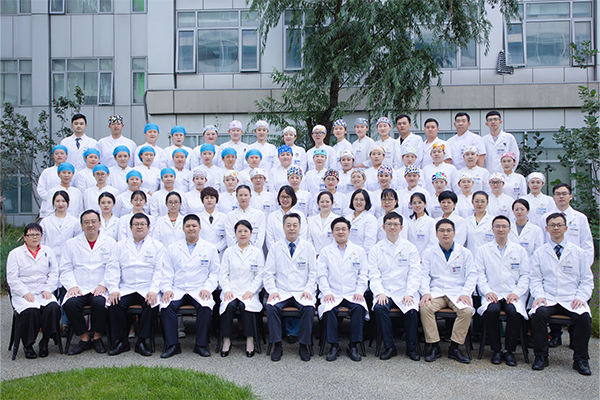
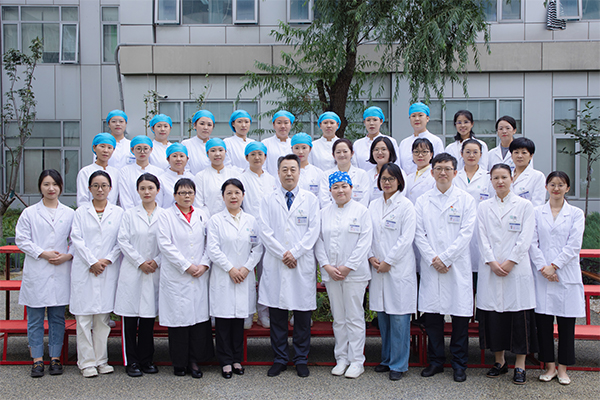
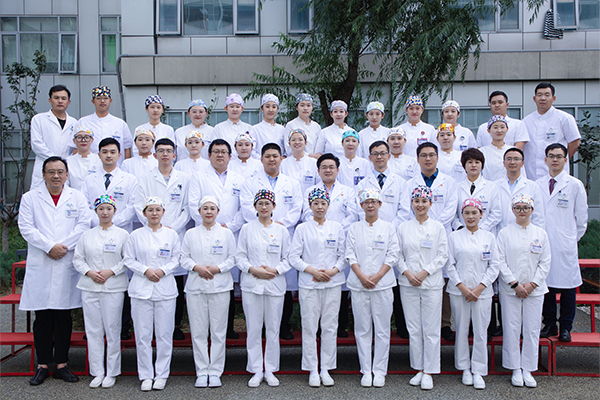
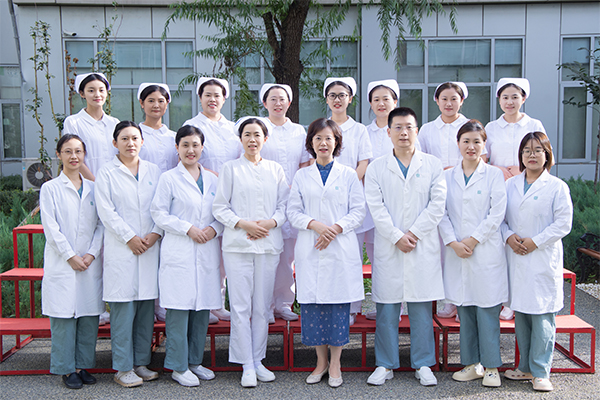
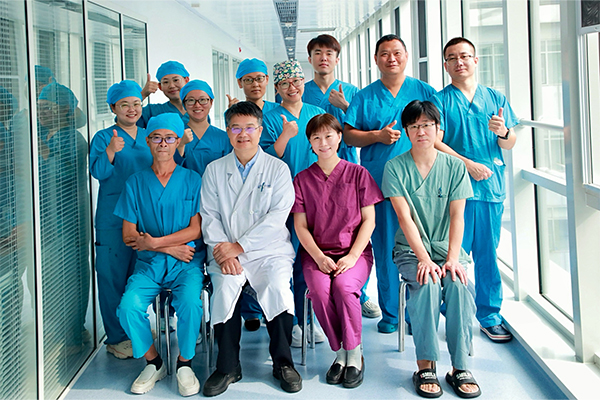
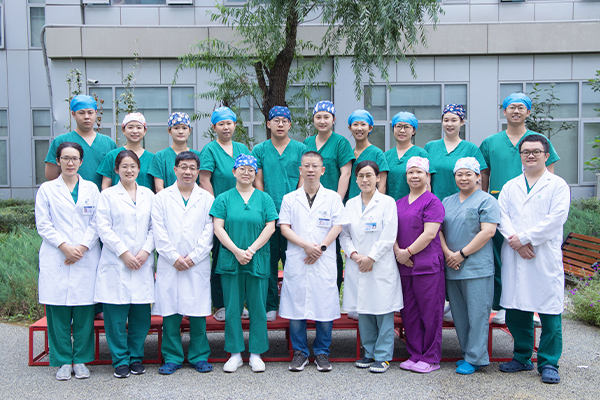
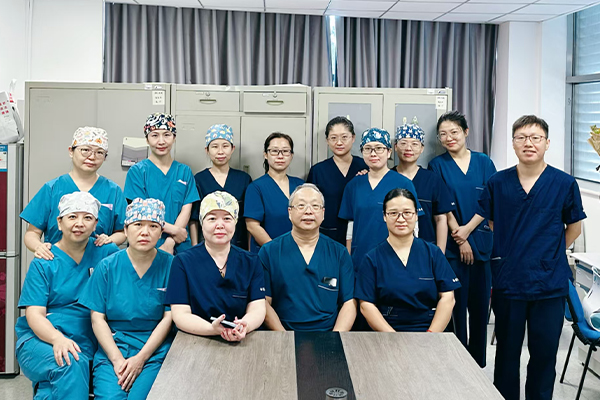
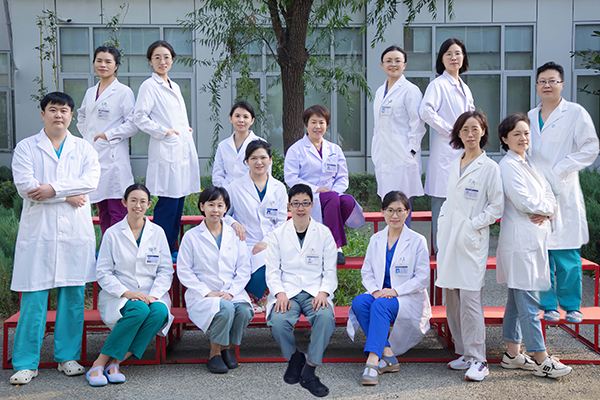
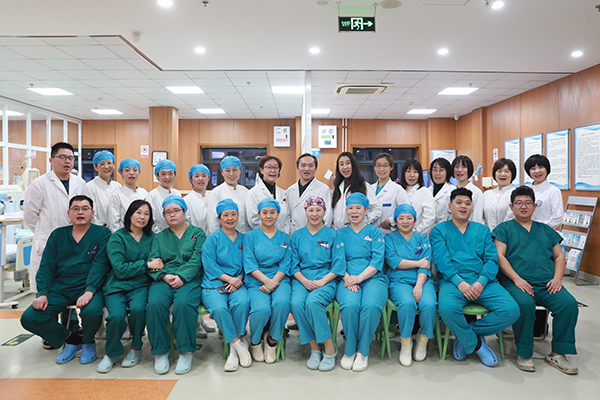
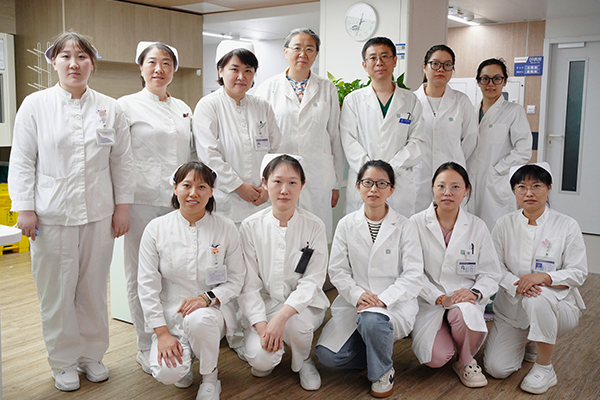
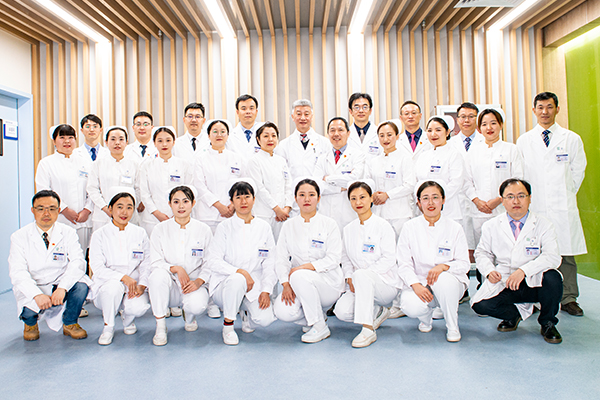
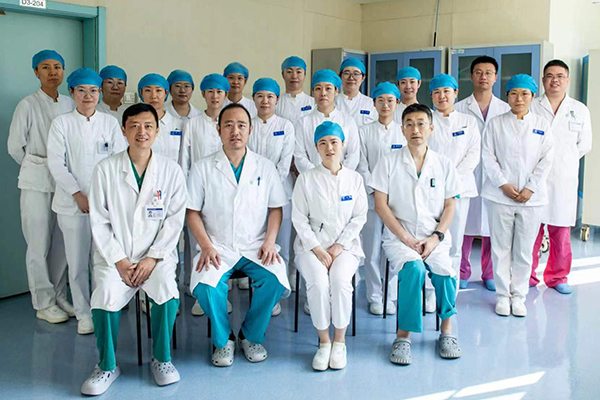
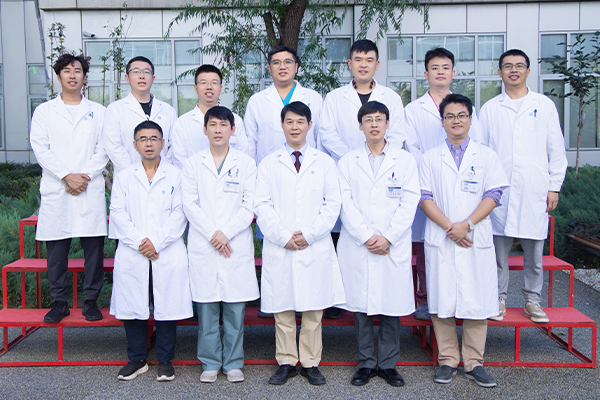
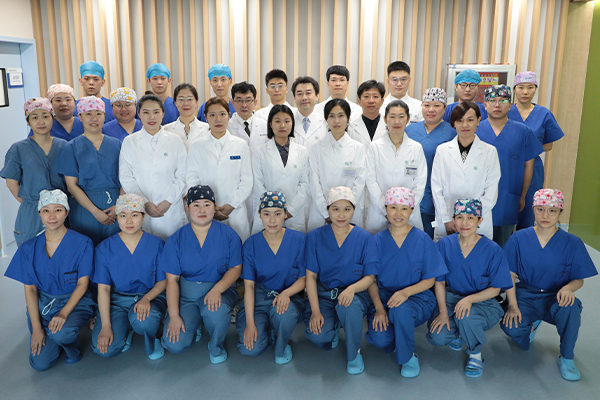
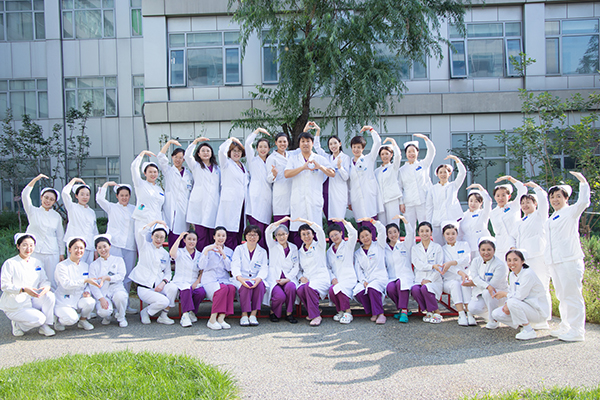
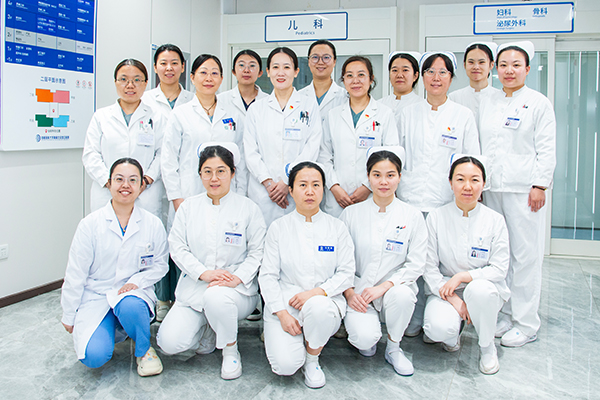
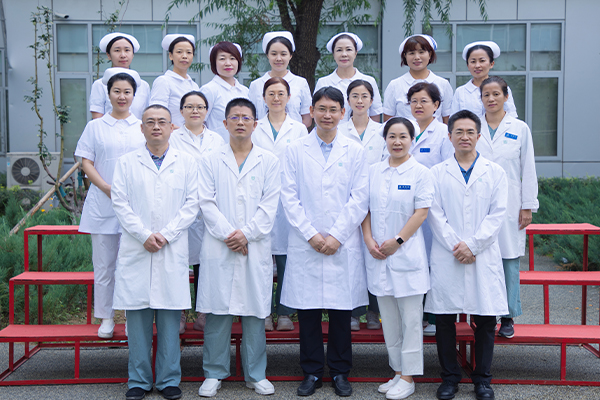
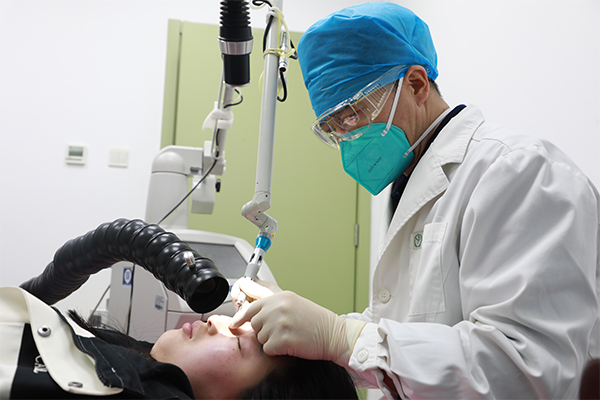
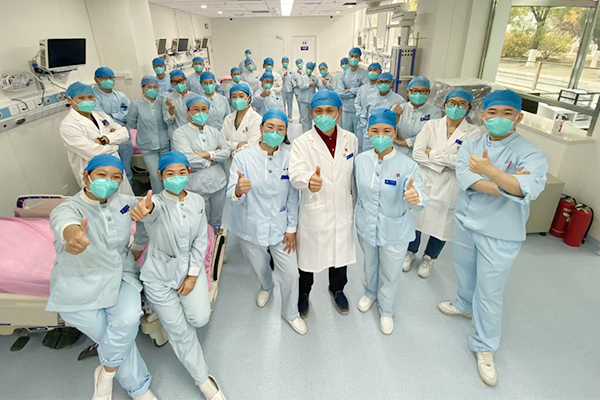
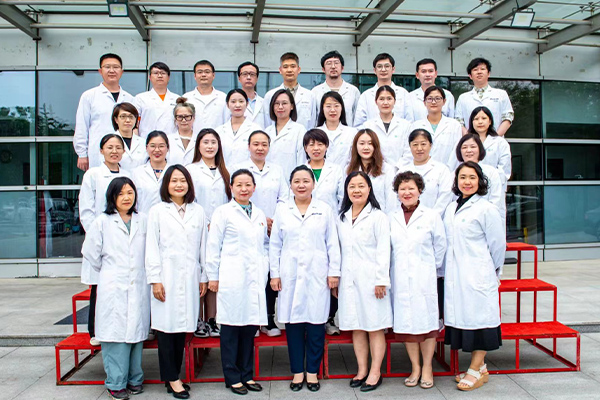
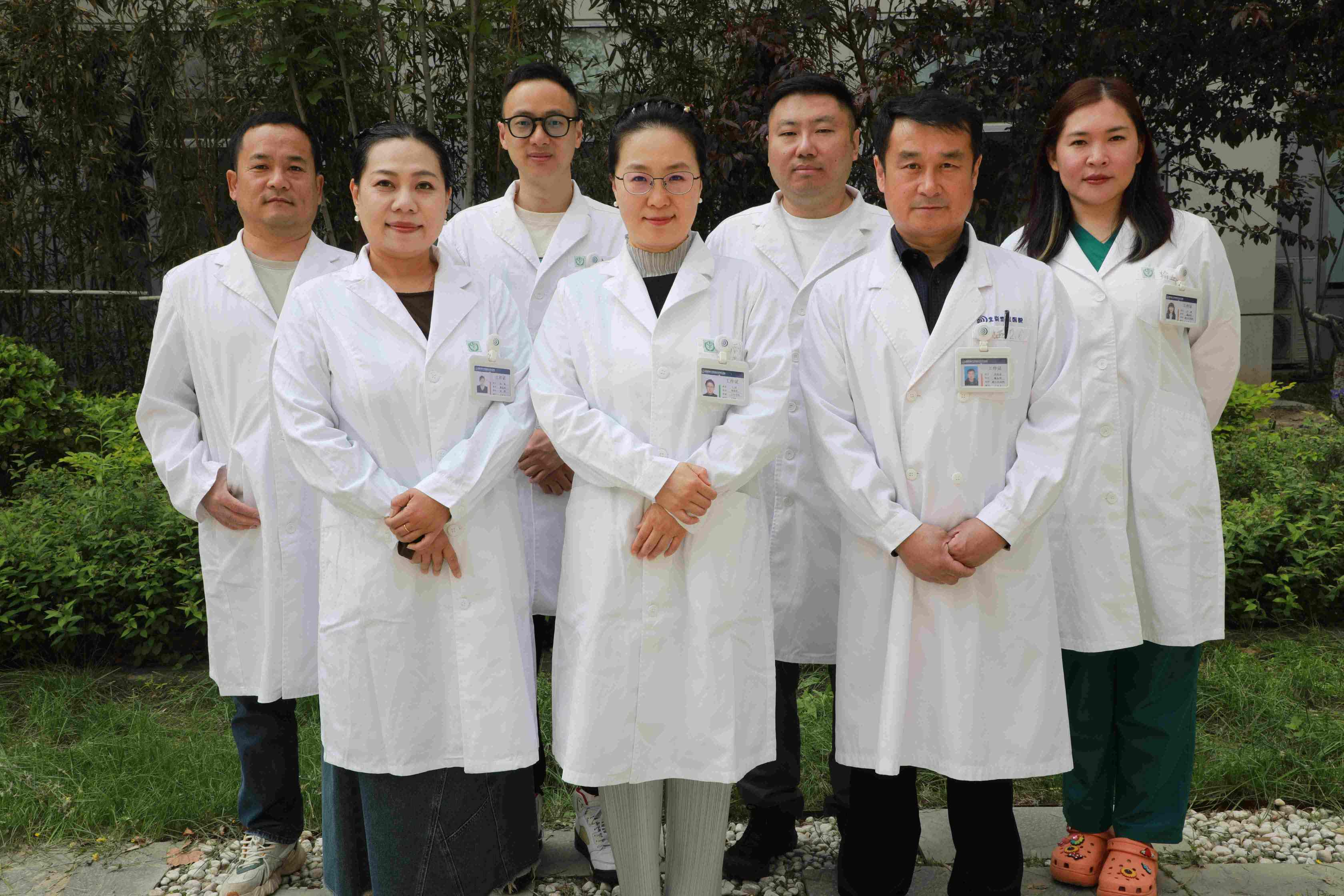
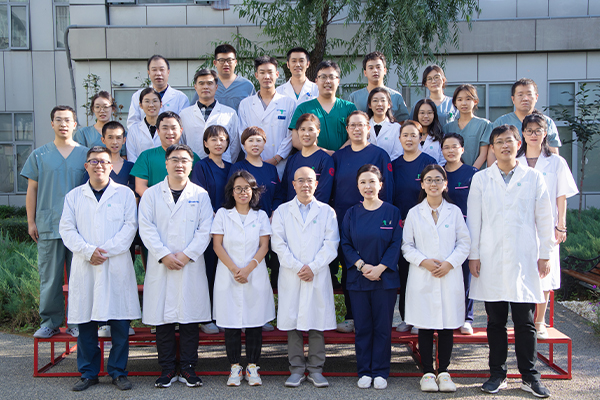
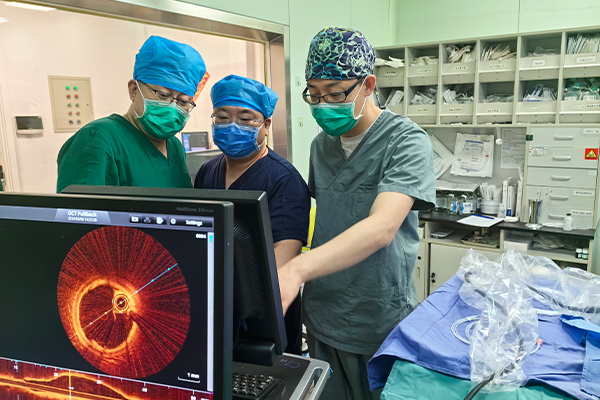
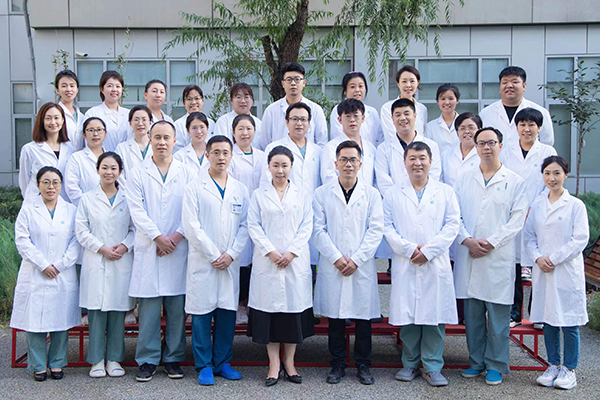
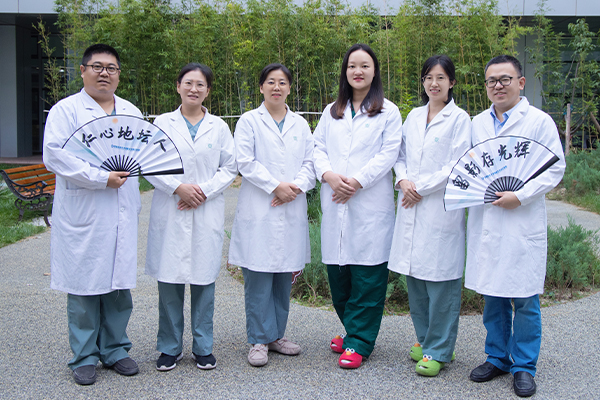
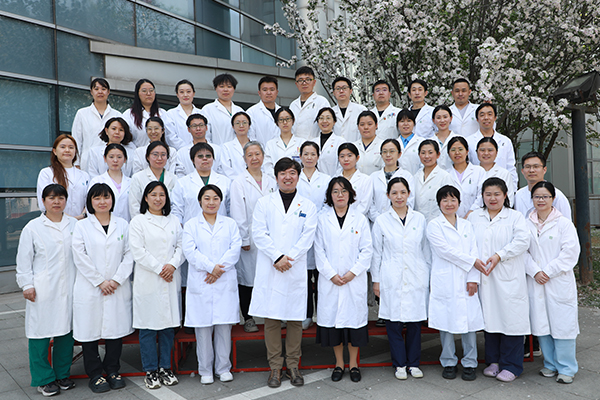
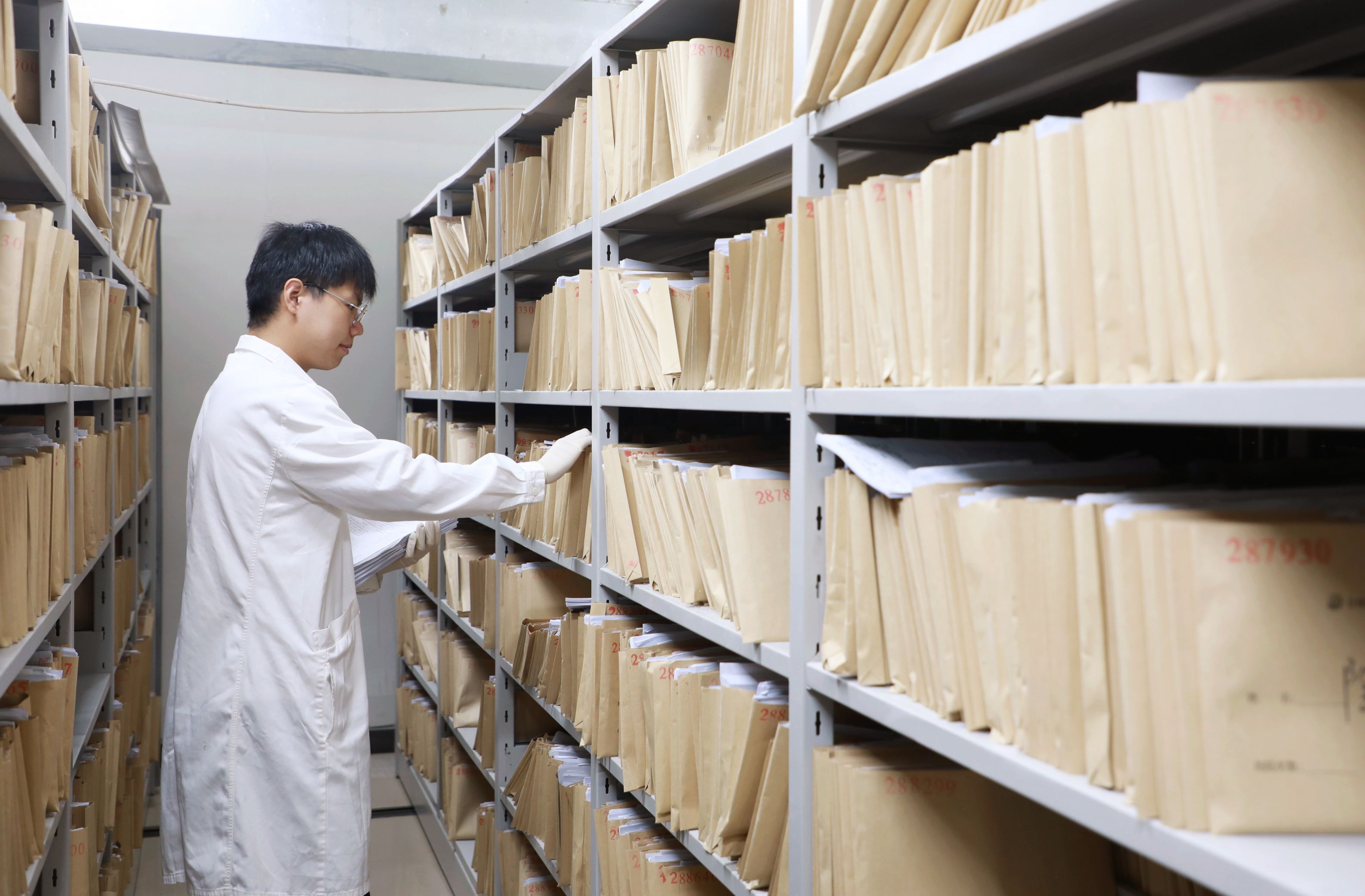
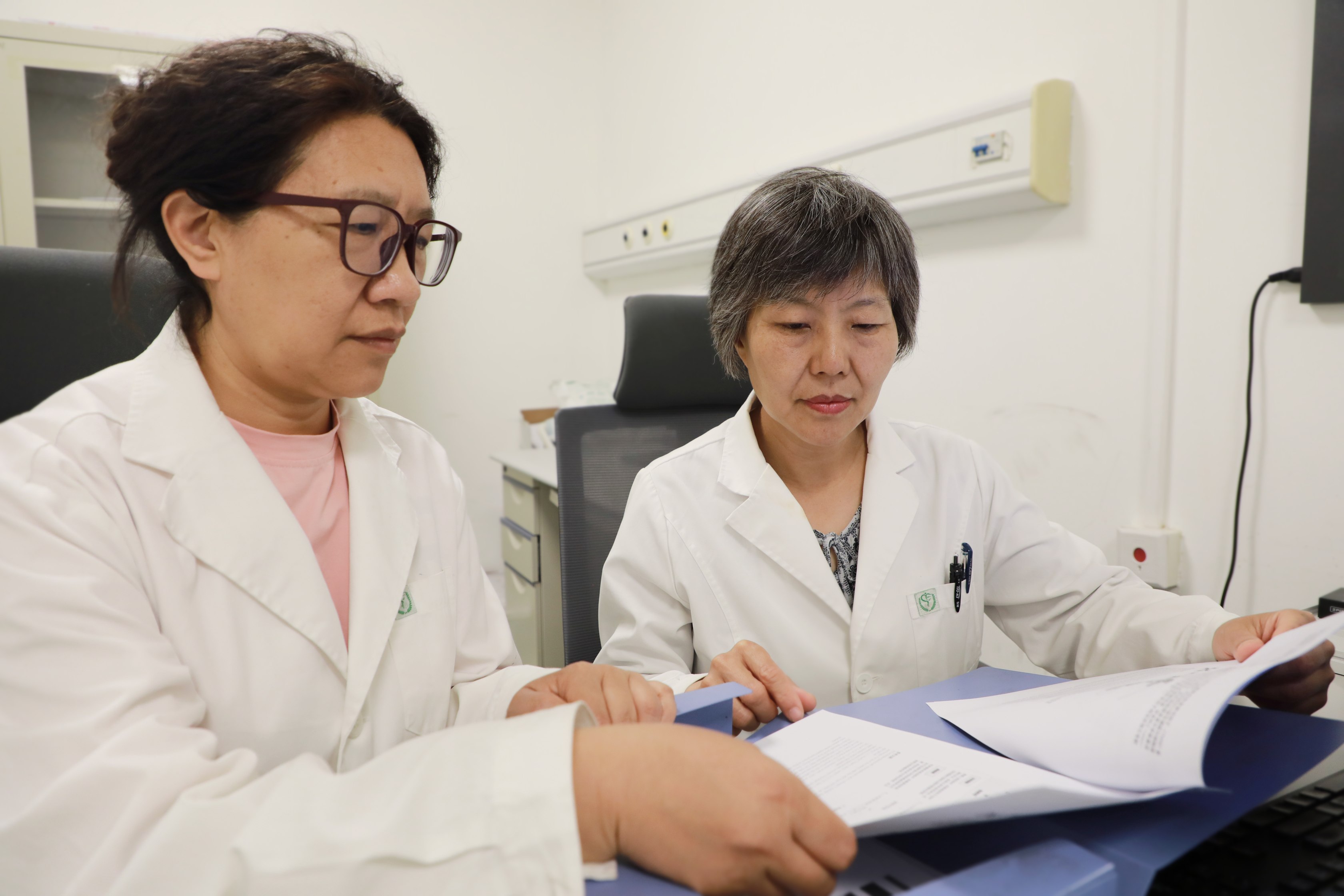
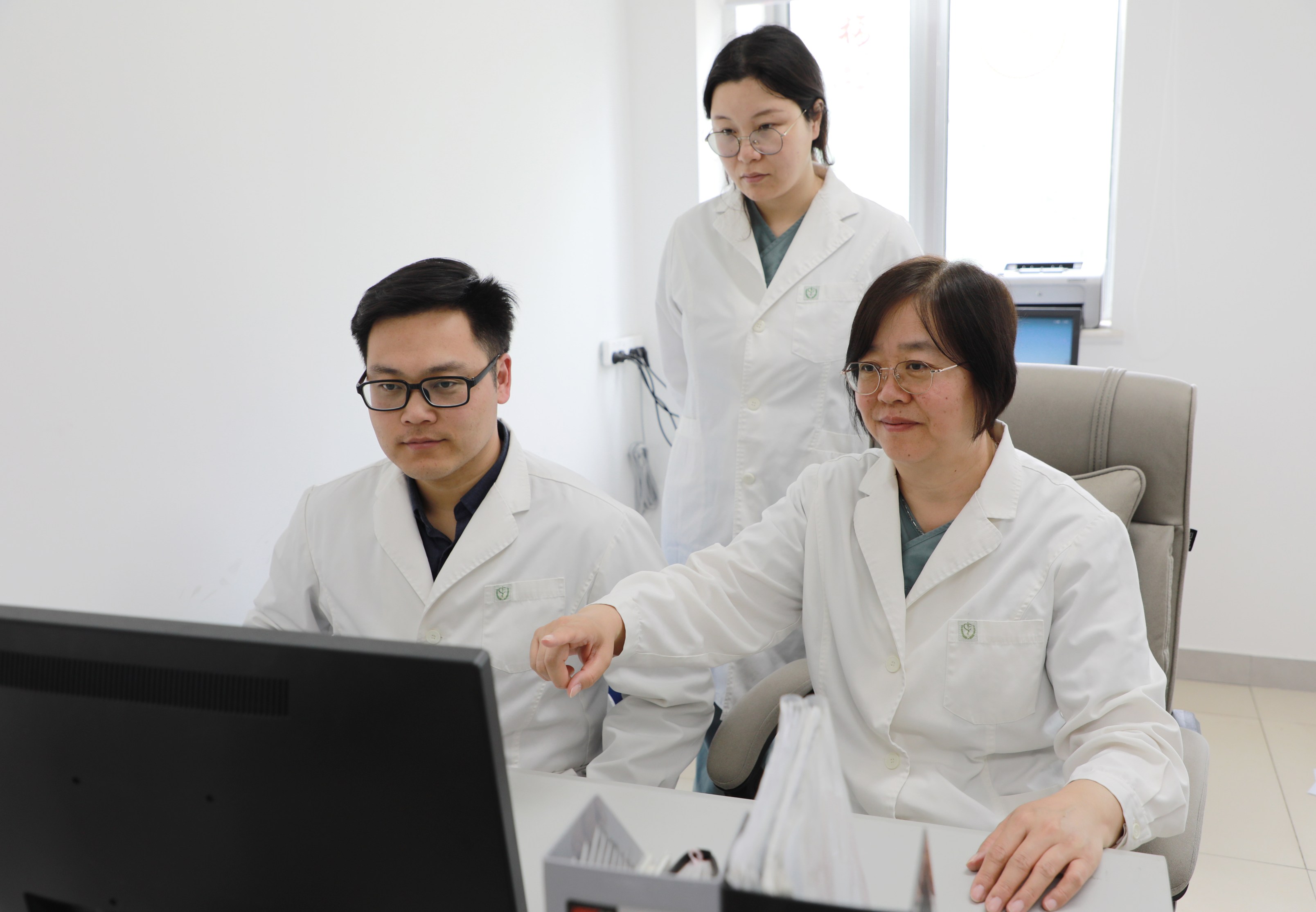
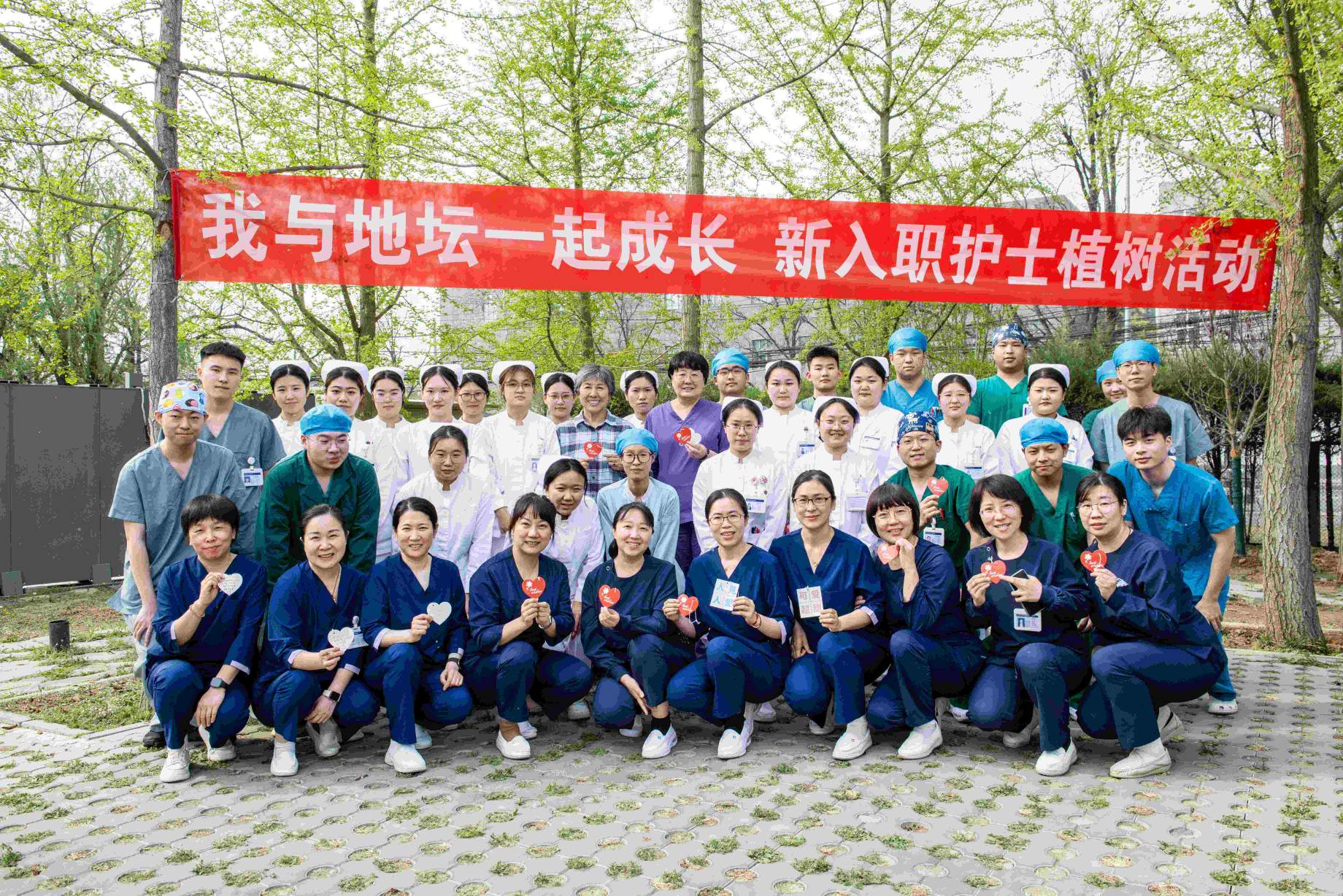
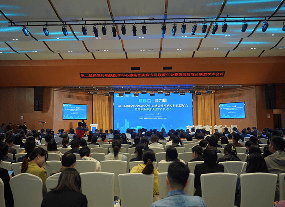
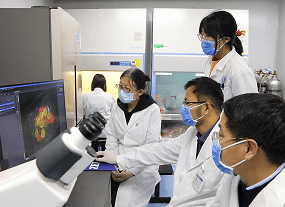
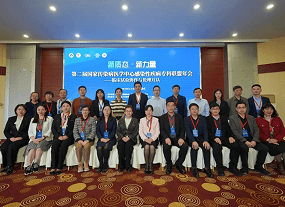
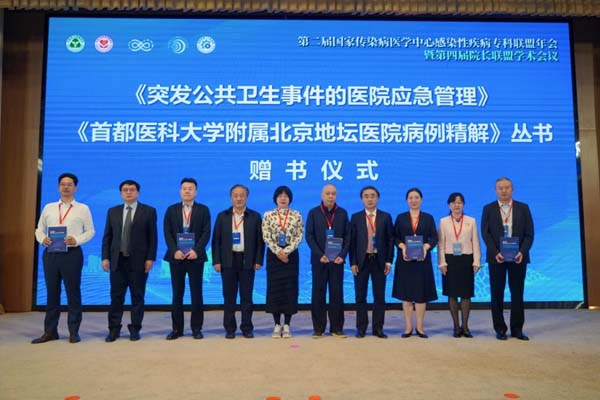



 京公网安备 11010502052111号
京公网安备 11010502052111号